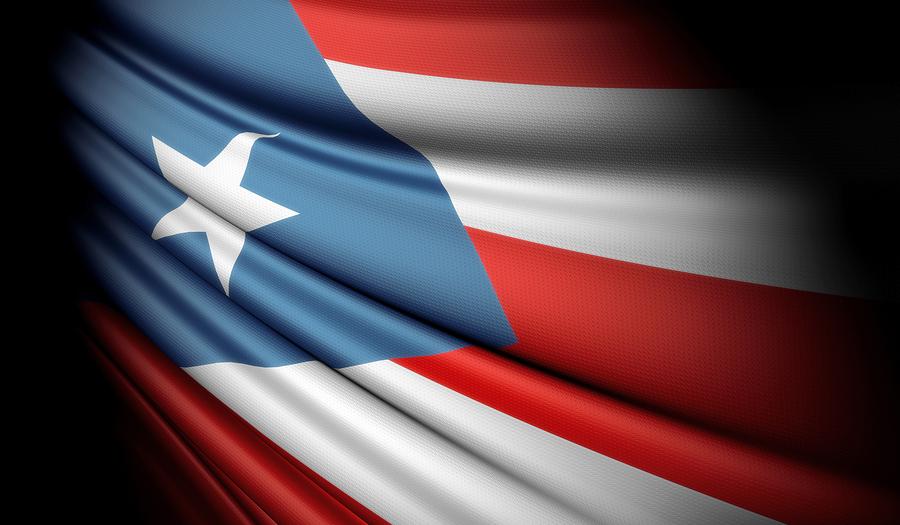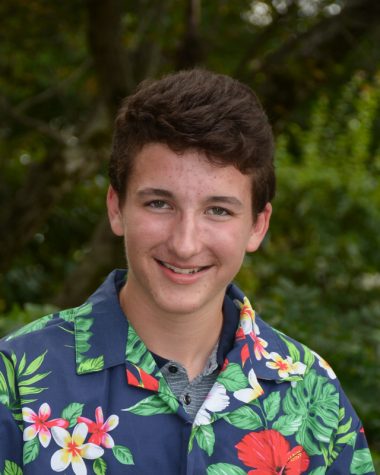
One of the most unacknowledged problems that the United States faces is the lack of representation Puerto Rico has.
Puerto Ricans are citizens of the United States, yet they can’t vote in federal elections—and they don’t have representation in Congress.
The unincorporated territory, which the United States acquired under the 1898 Treaty of Paris, officially ending the Spanish-American War, has just one non-voting delegate in the House of Representatives, Republican Jennifer Gonzalez.
For a population of about 3.5 million people, this isn’t only unjust, it’s a national disgrace. Puerto Ricans pay the same federal taxes, and they should be treated as any other citizen. Moreover, if Puerto Rico were to be ratified as a state, it would be the 30th largest in the union.
For perspective, the island has more than four times the population as Vermont and Wyoming. What’s more, about 97 percent of Puerto Ricans would prefer statehood, according to Time Magazine: “Colonialism is not an option,” said Puerto Rican Governor Ricardo Rosselló.
In 2017, for the fifth time, Puerto Rico voted for statehood, with another 97 percent approval rating of referendum.
House Delegate Jennifer Gonzalez-Colon recently introduced the Puerto Rico Admission Act, which would “create a task force to immediately start the process of transitioning Puerto Rico into a US state, which would happen by January 1, 2021.”
There is hope as both former President Barack Obama and George W. Bush supported Puerto Rican statehood.
Hopefully, even in this divided political climate, Congress will vote in favor of Puerto Rico becoming our 51st state.























































